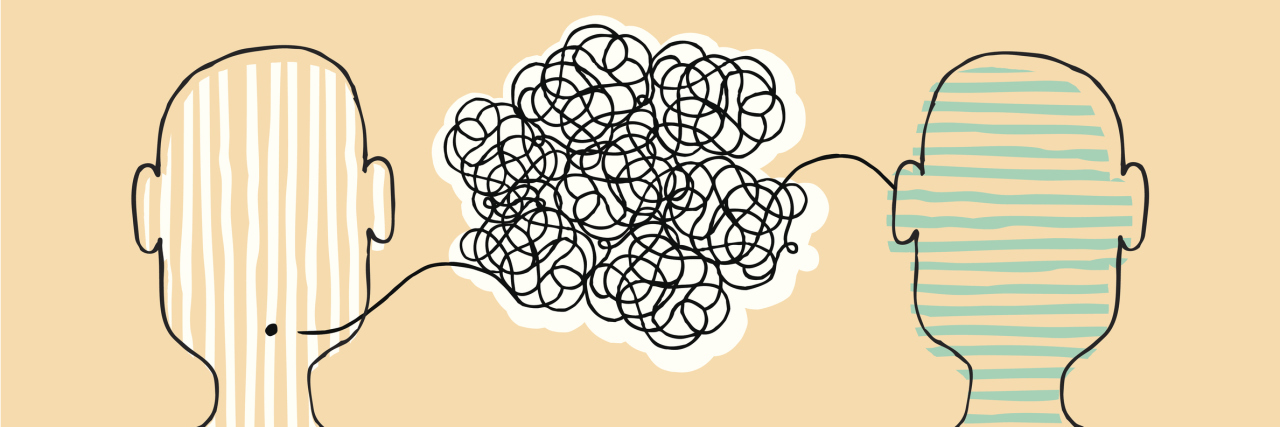I see you. You’re struggling. You put on a brave face, you are as active as your body will let you be. You don’t say much about your condition on platforms like social media, because everyone knows just enough about medicine to be dangerous – or at the very least, naively condescending.
“Have you tried___?”
“My aunt has ____, and she is fine.”
“I bet if you just ____.”
“I’ve heard some people just have to eat XYZ.”
“I can’t imagine, I could never give up ____.”
“You should look into ____, that sounds scary.”
“Buck up, don’t dwell on the negative.”
“Do you even want to be well?”
“Psychosomatic.”
Sound familiar? I’ve heard it too. If it weren’t so important to me to network and find others like myself, others who need to feel seen; I wouldn’t dare share so much of my health condition with the world at large. Good intentions hurt people all the time.
It’s time to change the dialogue around chronic illness.
I see you, and I am so thankful I found you. Please know that it takes a thousand drops to fill a bucket. We can change the way our culture speaks to those of us with chronic, “invisible” illnesses…but it begins with us.
They don’t know that we spend hundreds of hours researching our conditions. They don’t know that we consult with doctors and network with others who struggle through the same conditions. They don’t know that for many of us, we are simply diagnosed based on criteria, not lab evidence, because there is still so much we don’t know — and genetic testing is a Pandora’s box. They don’t know that the world of diagnostics and treatment is a lot more gray area than they could ever imagine. They don’t know that illnesses that go by the same name can vary in so many different ways and require such vastly different treatments.
But we do. We know these things. Short of becoming chronically, uncontrollably sick – they simply won’t learn these things by accident. We have to talk about it.
We have to talk about how we have known illnesses and undiagnosed illnesses. We have to talk about how finding the right treatment plans can be incredibly hard when you factor in family history, allergies, secondary diagnoses, etc.
We have to talk about it. We have to consider those who are yet to come, who will join us on this journey. We wouldn’t wish an isolated and murky life for them. We wouldn’t want them to endure the uneducated, but “well meaning” comments than can complicate their journeys unnecessarily.
So I challenge you… share! Share this article and include stuff like:
“My diagnoses are ____.”
“I take ____ supplements and medications daily.”
“My love language is ____.”
“A personal message to encourage others who are sick.”
If you are receptive to medical input, you can also share how you prefer to receive it.
We are not alone, but we are all different. If you are a non-chronically ill person reading this post, please know that how you would want someone to speak to you may not be what someone else needs. That’s truly the fundamental point of this article. If you can remember this, you will be a great partner in our mission to change how the world talks about chronic illness.
Getty Image by CurvaBezier
This story originally appeared on Lovely Resilience Project.

